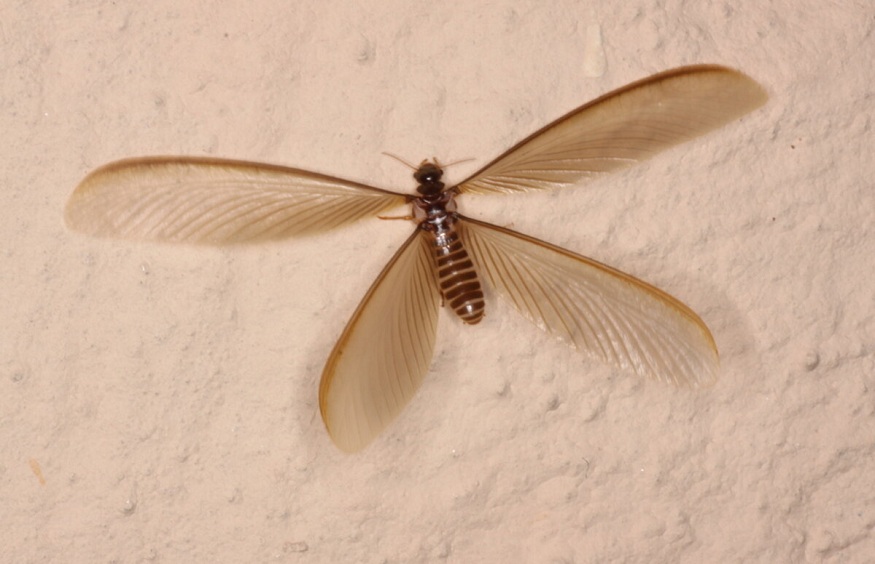Rain is great for your garden, but it can also be an invitation for pests. If you have noticed increased pest activity after a downpour, it is because rain can change things for pests. Some pests, like mosquitoes, cockroaches, and termites, thrive in rainy conditions. They do not just use water to survive but to reproduce and multiply as well.
After heavy rain, stagnant water collects in places like clogged gutters, plant saucers, and even old tires. All of these places then become prime spots for mosquitoes to breed. If you are dealing with pests after the rain, do not hesitate to call professional Exterminator Services.
Why does pest activity increase after it rains?
When it rains, the humidity and moisture level increase, which makes it easier for pests like ants, termites, etc., to survive. Wet soil and damp spaces also attract these pests as they prefer moist areas to live and reproduce.
When there is heavy rain, pests like rats, spiders, and cockroaches have nowhere to go and, therefore, are forced to seek shelter indoors. When their usual habitats get filled with rain water, they move into your buildings to find dry places.
Moreover, standing water after the rain creates a perfect breeding ground for mosquitoes. They lay their eggs in pools of water, puddles, and birdbaths. This leads to an increase in their population during rainy days.
Additionally, damp wood caused by rain can also attract termites. Termites love to live in moist environments and are attracted to wet and rotting wood.
Pests to watch out for after the rain
1. Mosquitoes.
You need to be very careful of mosquitoes after it rains. When the rainwater collects in puddles, gutters, or containers, it creates an ideal spot for mosquitoes to breed. These pests lay their eggs in standing water, and the larvae develop into adults in just a few days.
Therefore, the mosquito population increases very rapidly during rainy days. This leads to more mosquito bites and a higher risk of spreading diseases like malaria, dengue, etc.
2. Ants.
Ants also become more active after rain as they search for food and shelter. When their outdoor nests are flooded after rain, they move into your homes to find a new place to live. These pests can invade your home in large numbers, especially if they find food or moisture.
After they find a food source, they will leave a trail for other ants to follow. This can quickly lead to an infestation inside your house.
3. Termites.
If you live in areas with wooden structures, you need to be very careful of termites. Rain increases the moisture in the wood, which can attract termites. These pests survive in wet conditions and feed on wood. Therefore, they may be more active in damp wood structures after rain.
Moreover, termites can eat the wooden structure of your home, such as beams, furniture, etc., and cause severe damage. Therefore, you must check your property thoroughly and look for signs of termite infestation after heavy rain.
4. Cockroaches.
When the rainwater floods the sewers and drains, cockroaches are forced to move to dry areas. They may seek shelter in your home, especially in kitchens, bathrooms, or basements, where they can find moisture and food. Cockroaches are not only unpleasant-looking insects; however, they can also spread bacteria and diseases such as typhoid fever.
5. Rodents.
When the rainwater reenters their nests, they look for dry places to live. They will enter your homes through small holes, gaps, or cracks in walls and doors. Once they enter, they can damage your property by chewing on wires and furniture. These rodents also carry diseases and parasites that can spread to humans as well as pets.
Don’t let rain bring in pests!
If you are from Illinois and it has recently rained, pests are coming your way. Hire a pest control team today!

